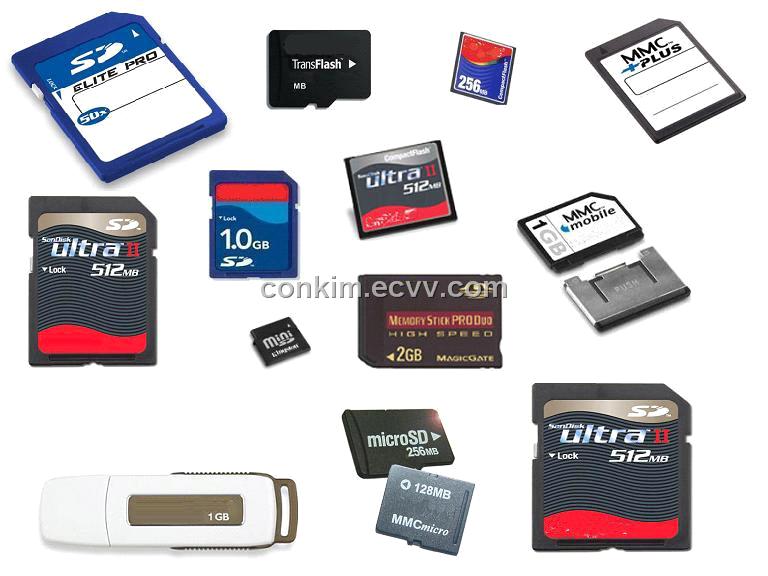Device partitions are additional logical block devices present on theSD/MMC device.
As of this writing, MMC boot partitions as supported and exposed as/dev/mmcblkXboot0 and /dev/mmcblkXboot1, where X is the index of theparent /dev/mmcblkX.
Ricoh SD/MMC Disk Device - Driver Download. Vendor:. Product: Ricoh SD/MMC Disk Device. Hardware Class: DiskDrive. BayHubTech Integrated MMC/SD Controller Driver 1.1.101.1023 for Windows 10 Fall Creators Update 64-bit 35 downloads. Card Readers Other. Windows 10 64 bit. BayHubTech Integrated MMC/SD Controller Driver 1.1.101.1023 for Windows 10 Fall Creators Update 64-bit 35 downloads. Card Readers Other. Windows 10 64 bit.
MMC Boot Partitions¶
Read and write access is provided to the two MMC boot partitions. Due tothe sensitive nature of the boot partition contents, which often storea bootloader or bootloader configuration tables crucial to booting theplatform, write access is disabled by default to reduce the chance ofaccidental bricking.
To enable write access to /dev/mmcblkXbootY, disable the forced read-onlyaccess with: ADLINK USBDAQ U7250 Driver Download for windows.
To re-enable read-only access:
The boot partitions can also be locked read only until the next power on,with:
This is a feature of the card and not of the kernel. If the card doesnot support boot partition locking, the file will not exist. If thefeature has been disabled on the card, the file will be read-only.
Host - Drivers/mmc/host - Linux Source Code (v5.10.15) - Bootlin
The boot partitions can also be locked permanently, but this feature isnot accessible through sysfs in order to avoid accidental or maliciousbricking.


Drivers/mmc/host/sdhci-msm.c

Drivers/mmc/host/sdhci-msm.c
Description
This package provides a disk device driver for two commercial flash memory card standards: MultiMedia Cards (MMC), and Secure Digital (SD) cards, including the high-capacity SDHC variant. The package also provides some (non-disk) basic SD I/O (SDIO) card support.
The MMC card implementation is intended to allow operation with memory cards compliant with the MultiMediaCard Standard version 2, as published by the MultiMediaCard Association. The SD implementation is intended to allow operation with cards compliant with the SD Physical Layer Specification version 2, as published by the SD Card Association.
This package evolved from an MMC-only implementation and as such the naming of certain aspects such as the CDL package name reflects that heritage. Any identifiers which reference MMC usually refer to either MMC or SD cards unless otherwise noted. Similarly, the package provides (limited) support for SDIO cards which do NOT require the presence of the CYGPKG_IO_DISK infrastructure and do not present as disk (memory) devices.
Drivers Pci
An MMC/SD card provides non-volatile storage in a small footprint (24mm * 32mm * 1.4mm), and weighing less than 2 grams. Typical card sizes are 128MB to 2GB, with an upper limit of 4GB for MMC and SDv1; and 32GB for SDHC cards in SDv2. It should be noted that these sizes are measured in millions of bytes, not 2^20. This driver provides support for 4GB MMC and SDv1 cards, although in practice, the FAT16 filesystem layout on such cards is unusual and may not be supported by a filesystem implementation using this driver. This problem should not occur with cards of size 2GB and less, or with SDHC cards.
At the hardware level there are two ways of accessing an MMC card. The first it to use a custom interface frequently known as either an an MCI (Multimedia Card Interface, although this allows supports for SD as well) or an MMC/SD bus. The second interface is via connection to an SPI bus. A card will detect the interface in use at run-time. The custom MCI interface allows for better performance but requires additional hardware. SPI peripheral support is more readily available on many existing CPUs. At this time, the SPI bus mode of interface does not support SD or SDIO cards in this driver.
Drivers Moc
Theoretically an MMC/SD memory card can be used with any file system. In practice all cards are formatted for PC compatibility, with a partition table in the first block and a single FAT file system on the rest of the card. The SPI mode driver always checks the format of the MMC card and will only allow access to a card if it is formatted this way. The MCI card bus driver can adapt to a card with no partition table as long as it contains a FAT filesystem starting from the first block. This non-standard format can sometimes be created by Windows when reformatting a corrupted card. This ability is controlled by the CYGSEM_IO_DISK_DETECT_FAT_BOOT CDL configuration option in the generic disk device driver package CYGPKG_IO_DISK.

